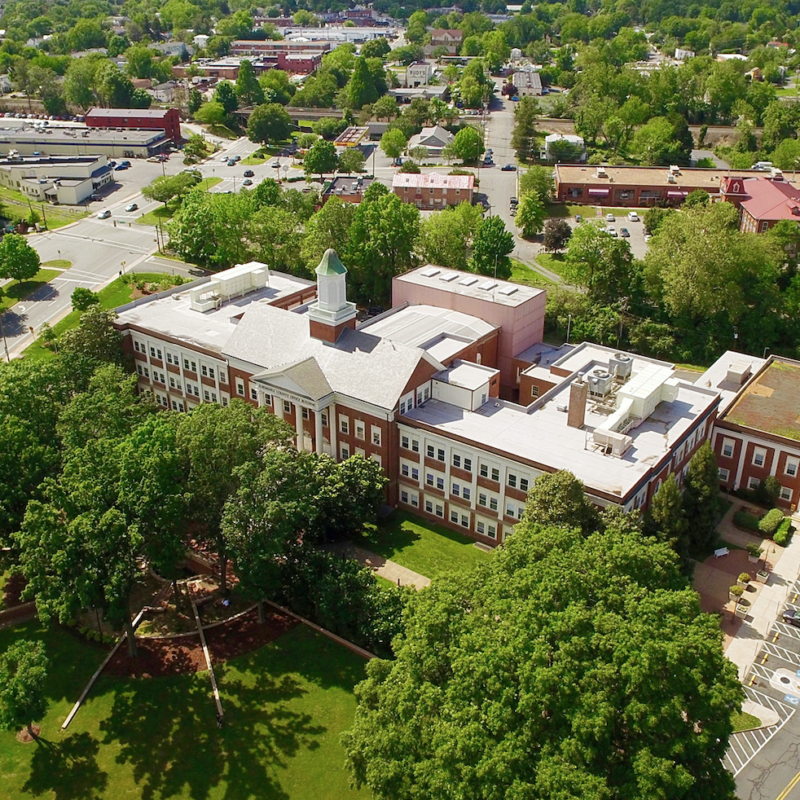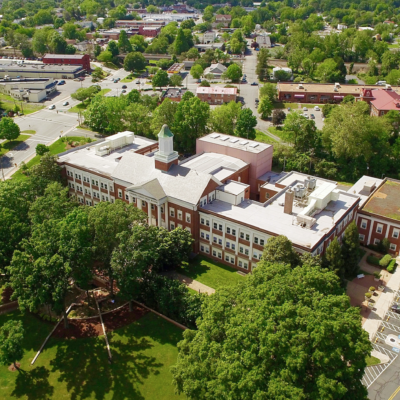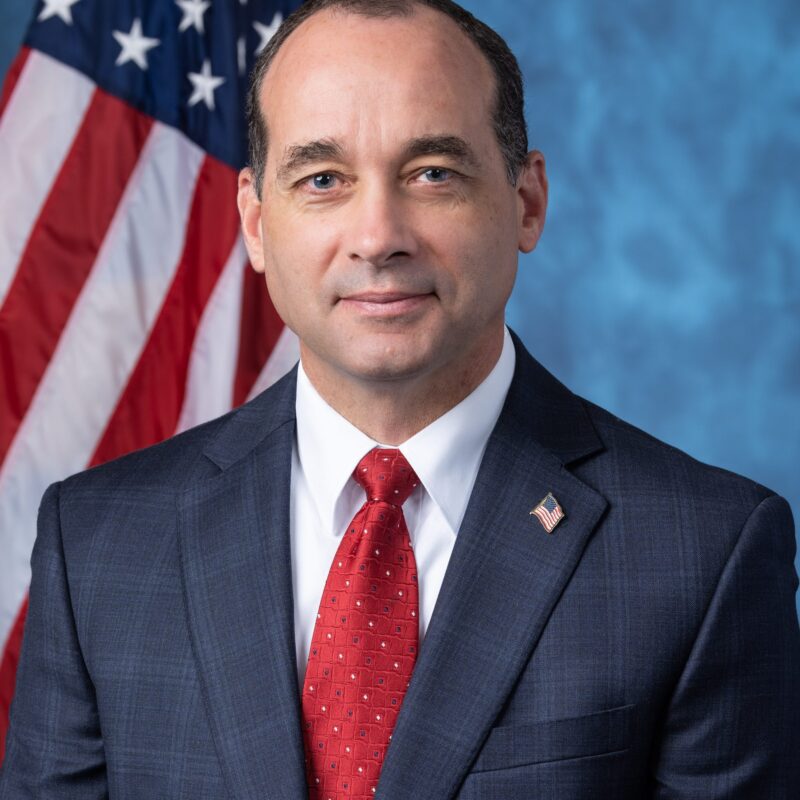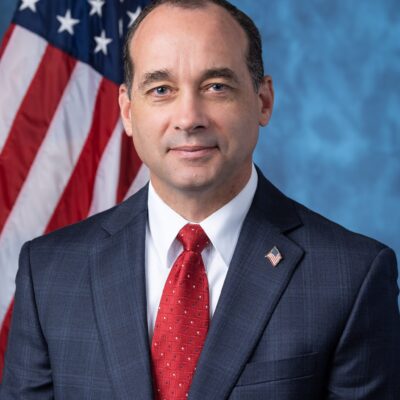|
The John Warner Parkway was the first portion of the Meadowcreek Parkway to be completed, and now that the lawsuit against the interchange has been dismissed, city officials say the rest of the project can more forward. (Photo by John Robinson) |
Plans to complete the long-contested Meadowcreek Parkway through McIntire Park cleared another hurdle last week when a federal judge dismissed the case filed by the Coalition to Preserve McIntire Park, which is attempting to block the planned interchange with the 250 Bypass.
The project has been divided into three sections: the John Warner Parkway, the county’s portion McIntire Road Extended, the city’s portion; and the 250 Bypass interchange at McIntire Road. The Coalition argued that the FWHA divided the project into three separate sections in order to evade the necessary environmental assessments, and the entire project should have been reviewed, not just the interchange. The Coalition, a group of residents and environmentalists who oppose the construction of the parkway, filed a suit against the Federal Highway Administration in February of 2011, claiming that the FHWA violated federal law by authorizing funding for the interchange.
Members have said they fear that construction of the interchange will ruin a portion of McIntire Park, and believe that the FHWA should be required to complete a more substantial environmental impact statement.
Thirteen months after the Coalition filed and a month after hearing arguments in federal court, Judge Norman K. Moon dismissed the case with a 53-page ruling, saying that the FHWA followed the procedures properly, and the environmental assessments completed were adequate.
Coalition member Peter Kleeman said he felt the Coalition’s arguments were “glossed over” in the ruling, and that the judge put too much trust in the experts hired by the FHWA.
“The courts are not experts in environmental analysis,” said Kleeman. “So they need to rely on the good will of the agencies taking action.”
The Coalition has unsuccessfully pursued two other legal cases against the Parkway since 2009, and this third strike could put opponents of the parkway at a dead end.
“We do have legal options,” said Coalition attorney James B. Dougherty. He said they could appeal, but neither he nor the members have formed definitive decisions yet.
Kleeman compared the case to a similar one one near Charlotte, North Carolina: Last month, a federal court ruled in favor of environmental groups that wanted to halt construction of the region’s first toll road, and the state may have to redo its environmental analysis, potentially delaying construction for months or years. The case went to the U.S. Court of Appeals for the Fourth Circuit, and Kleeman said he had hope that the Coalition could have the same luck.
“If we win the case and they’ve only done site preparation, it’s not too late,” Kleeman said.
City Councilor Kristin Szakos said at this point, delaying construction of the Meadowcreek Parkway is not an option.
She said she was not surprised by the outcome of the lawsuit, and sees it as just one more piece of controversy that’s been settled. It is one more necessary step toward the project being complete, she said, and ultimately McIntire Park will be more accessible.
The completed interchange will allow the opening of a bike corridor straight through to the northern part of the city, she said, and more people on bike and on foot have begun utilizing the section that’s opened up in the county.
“As it’s been designed and put together, I think it’s going to be a really positive thing,” she said.
/parkway.jpg)





